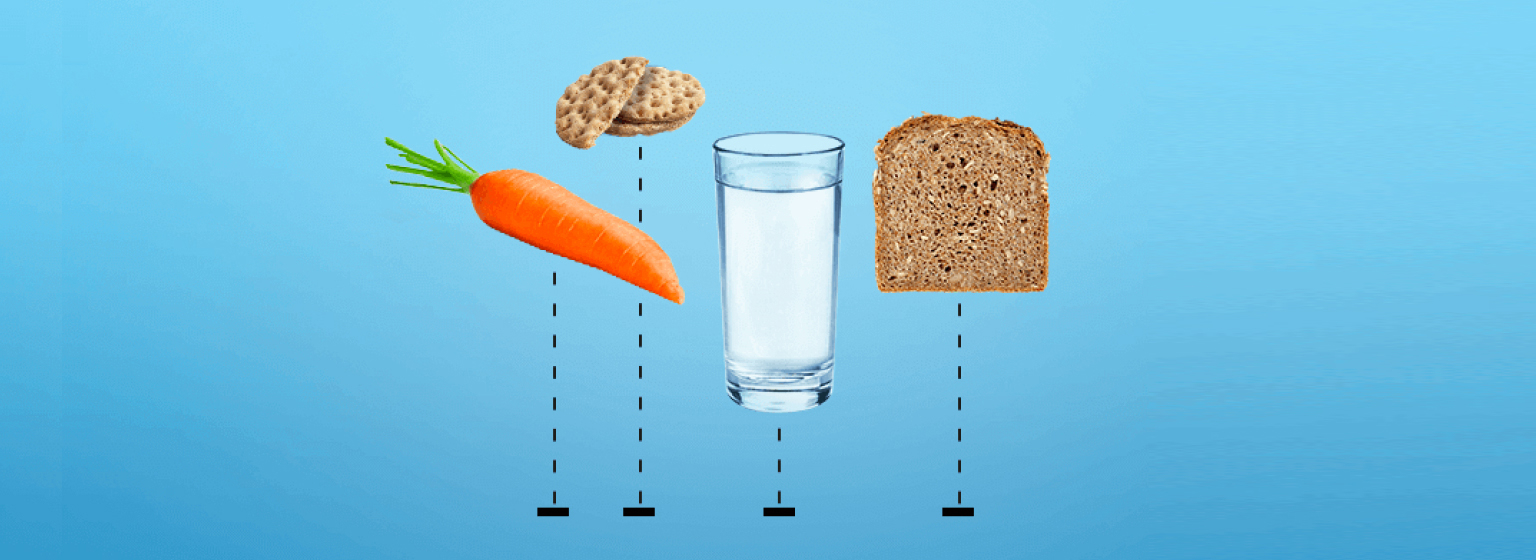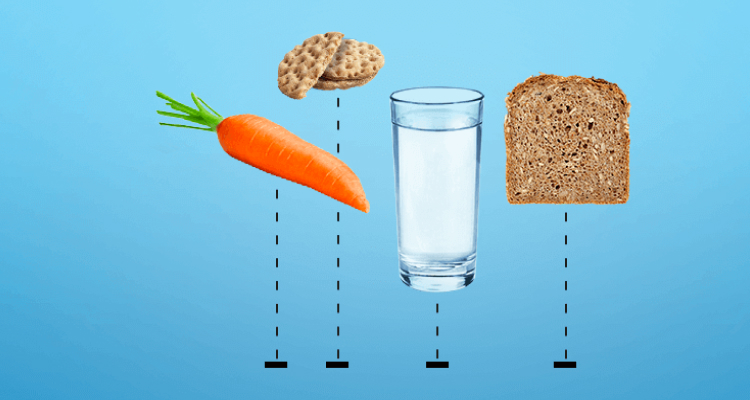Not everyone has a bowel movement every day for example. Let’s say you only have a bowel movement 3 times a week. If that’s your normal pattern, you’re still not constipated. So how can you tell when you are? As a rule of thumb, if you haven’t had a bowel movement for more than 3 days or have small, hard, dry stools that are painful or difficult to pass, you’re probably constipated.
With diarrhea, you have the other extreme. Stools are loose and watery and can cause painful gas and cramping. Fortunately, most bouts of diarrhea only last a few days and go away on their own without treatment. However, you should see your doctor if you are losing weight, seeing blood in your stools, or have trouble eating or swallowing.









Share this article